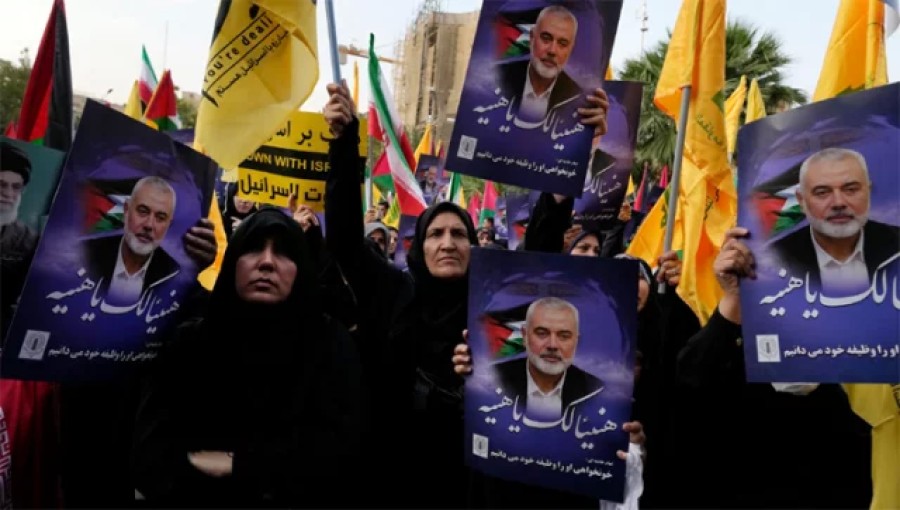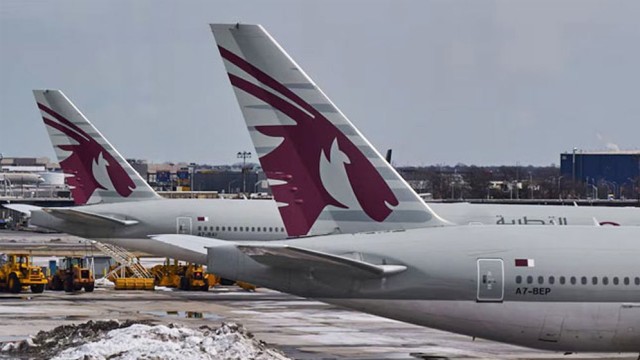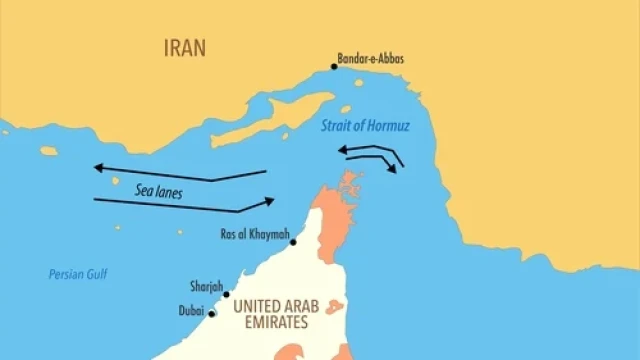Gaza Strip, August 2- Following the death of Ismail Haniya, the top political leader of Hamas, questions are arising about who will succeed him. Haniya's passing leaves a significant leadership void in the Palestinian militant group, which has governed the Gaza Strip since 2007. Several prominent figures within the organization are being considered potential successors, as Hamas navigates a challenging political landscape marked by ongoing conflict with Israel.
One of the most notable figures under consideration is Khaled Meshaal, a founding member of Hamas. Meshaal, who led the Political Bureau from 1996 to 2017, gained international attention after surviving an Israeli assassination attempt in 1997. The attempt occurred in Amman, Jordan, where Israeli agents tried to poison him. Meshaal's long history with Hamas and his experience in the organization's political arm make him a strong candidate for leadership. He previously assumed leadership after the assassination of Sheikh Ahmed Yassin in 2004.
Another potential successor is Yahya Sinwar, a key figure in Gaza's Hamas leadership. Sinwar, who established Hamas's internal security service, Majd, has a formidable presence in the region. He has been imprisoned by Israel three times, with his last sentence being four life terms. However, he was released in a prisoner exchange deal and has since risen to prominence. In 2017, Sinwar was elected head of the Gaza Strip Political Bureau, succeeding Ismail Haniya. His role within both the political and military structures of Hamas positions him as a potential leader.
Mohammad Deif, known as the leader of the Qassam Brigades, the military wing of Hamas, is also a key figure in the succession discussions. Deif, often referred to as 'The Mastermind' by Palestinians and 'The Cat with Nine Lives' by Israelis, has survived numerous Israeli assassination attempts. His strategic leadership and experience in military operations make him a crucial figure within the organization. Deif's command of the military wing underscores his influence within Hamas.
The leadership transition comes at a critical time for Hamas, as it continues to face challenges from Israeli military actions and internal Palestinian politics. The organization's leadership selection process remains opaque, with leaders often keeping low profiles to avoid Israeli targeting. The selection of Haniya's successor will likely reflect the group's strategic priorities and response to both internal and external pressures.
As the group deliberates over its next leader, the international community watches closely, given the potential implications for regional stability and the Israeli-Palestinian conflict. The new leader will not only have to navigate the complex political landscape but also address the ongoing humanitarian situation in Gaza and the broader Palestinian territories.































Comment: